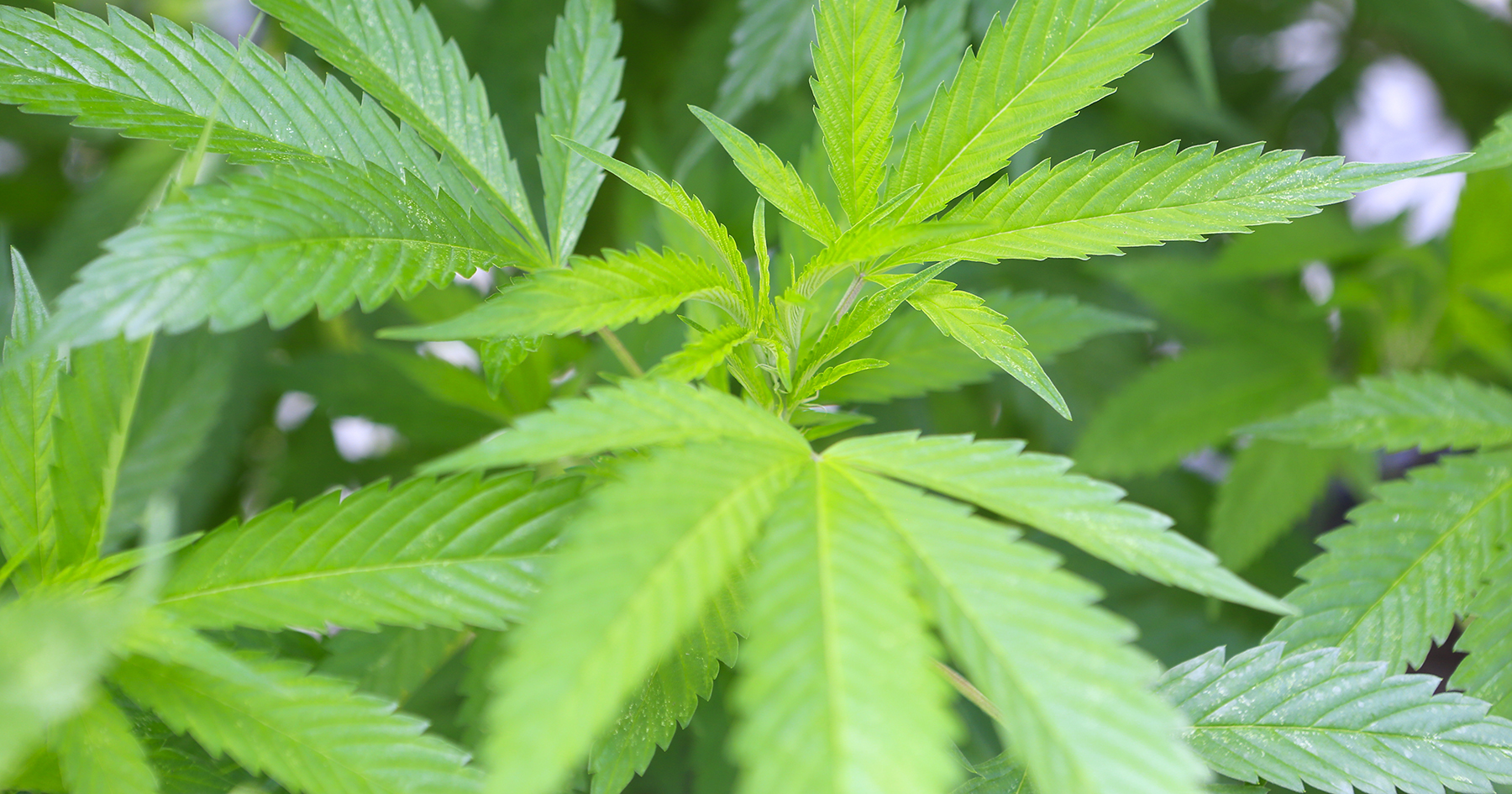Colorado Gov. John Hickenlooper Gives Advice to States That Legalize Marijuana

By:
In 2012, Colorado became one of the first states to legalize marijuana for recreational use. Four years later, Colorado Gov. John Hickenlooper — who initially criticized the move as "reckless" — has changed his tune.
 Big Stock/ Iriana Shiyan - bigstockphoto.com
Big Stock/ Iriana Shiyan - bigstockphoto.com
Though Hickenlooper remains skeptical about the long-term impact of legalization and encourages states to compile data on the pros and cons of marijuana reform, he acknowledges that many of the concerns expressed by opponents have not come to fruition.
I asked Gov. Hickenlooper via email to weigh in on the legalization movement in 2016 and how his perspective on cannabis has changed since Colorado's recreational marijuana system took effect.
 Wikimedia - wikimedia.org
Wikimedia - wikimedia.org
ATTN: What advice would you offer governors in states that opt to legalize this November?
Gov. John Hickenlooper: There are thousands of lessons learned since legalizing. We highly recommend taking the initial step of creating a task force to bring together every concerned stakeholder and community member and involve them in the rollout process. Before the first retail shops open, we also recommend collecting baseline data on youth use and other areas that may be impacted by marijuana legalization, such as marijuana-impaired driving, school suspensions, hospitalizations, and arrests. Having baseline data from before legalization will help administrations to better identify problems when they arise.
We also advise placing significant guardrails on marijuana home grows. Colorado’s loose home grow laws have created co-ops (in which multiple people grow their allotted six plants together with virtually no cap) and allowed medical marijuana patients to grow up to 99 plants in home. We are seeing growing evidence that this has created a grey market in which criminals abuse our home grow laws to cultivate massive amounts of marijuana and ship it out-of-state under the guise of legality. This encourages organized crime, diversion to youth, violent crime, dangerous residential property modifications, excessive and illegal energy and water use, and other illicit activities. Although we are confident our regulatory system effectively prevents licensed businesses from diverting marijuana out-of-state, these unlicensed, unregulated home grows can cause many serious problems.
ATTN: How has your perspective on cannabis changed in the years since Amendment 64 took effect?
JH: In the three years of legalized marijuana, Coloradans from all sides of the issue, from concerned parents to health professionals, from industry members to public safety officials, have come together to roll out this first-in-the-world system while maintaining public health, public safety, and most importantly, keeping it out of the hands of children. We have a lot to be proud of for the way we have worked together on difficult issues. While we have been heartened that we have not seen the spikes in public health and public safety concerns that we feared, it is too early to give a final conclusion on the success or failure of this experiment. We will continue to learn from experience, gather data, and implement changes and new regulations to ensure that recreational marijuana is kept out of the hands of youth, and that public health and safety are protected.
 Flickr/Katheirne Hitt - flic.kr
Flickr/Katheirne Hitt - flic.kr
ATTN: What are some ways that Colorado has used tax revenue from marijuana sales to benefit residents?
JH: In Colorado, Proposition AA called for marijuana tax revenue to be set aside for the regulation of marijuana, school construction, public education, substance abuse treatment, youth prevention, and the mitigation of impacts of marijuana legalization. Beyond regulating and preventing/mitigating the negative impacts of legal marijuana, we are working to use marijuana tax money to benefit Colorado’s residents. In past years, marijuana tax money has funded school bullying prevention, dropout prevention, early literacy, and other efforts. In the future, we hope to allocate significant marijuana funds to permanent supportive housing for the homeless.
However, we caution states considering legalization that the tax revenue from marijuana sales will not solve major budget issues. In the 2015-2016 Fiscal Year, we collected $141 million in tax revenue from medical and retail marijuana sales, which is relatively small in comparison to a roughly $27 billion budget. While the tax revenue can fund regulation, youth prevention, and other programs, it should not be seen as the answer to any budget crisis.
ATTN: Based on your experience, can you describe some of the challenges that states that legalize this November can expect to face as they transition to recreational systems?
JH: Recreational systems expand the market and the demand for marijuana, which creates urgent need for more regulatory oversight and resources. One challenge has been in regulating edibles, where we have seen three significant problems: accidental ingestion, overconsumption, and desensitizing children. There has been an increase in emergency room visits related to marijuana and we think edibles may be partially to blame. To mitigate accidental ingestion of edibles, we have created regulations that went into effect October 1 of this year which require edibles to be stamped with a universal symbol on the product indicating that it contains THC. Edibles also must leave the manufacturer in child-proof, resealable packaging, and the products must be clearly demarcated and easily separable into single-serving pieces containing a maximum of 10 milligrams of THC. In October 2017, rules will take effect prohibiting edibles manufacturers from making products in the shape of a human, animal, or fruit, which we hope will make them less attractive to kids.
Another of our biggest challenges has been the availability of comprehensive data. In areas such as drugged driving, it is difficult to tell what impacts legalization has had because we were not collecting the necessary baseline data prior to legalization. States considering legalization should start thinking about collecting baseline data in areas such as youth use, drugged driving, and marijuana-related highway fatalities and hospitalizations.
 Wikimedia - wikimedia.org
Wikimedia - wikimedia.org
ATTN: Do you worry that, as more states shift to recreational systems, it will come at the expense of patients who use the plant medically?
JH: We don’t believe so. Colorado’s medical marijuana system remains in place alongside the new recreational marijuana system, and medical patients are not subject to the taxes that are put on retail marijuana (medical marijuana is subject to only a standard 2.9 percent sales tax, while recreational marijuana is subject to an additional special sales tax and excise tax). In addition, the emergence of the retail system has led to more responsible regulations for the medical marijuana industry as well. An example is our regulation of pesticides, which was a public health issue that emerged in the last few years. We now have a list of approved pesticides that are safe for use in cultivating marijuana, which has made marijuana safer for medical patients as well.
